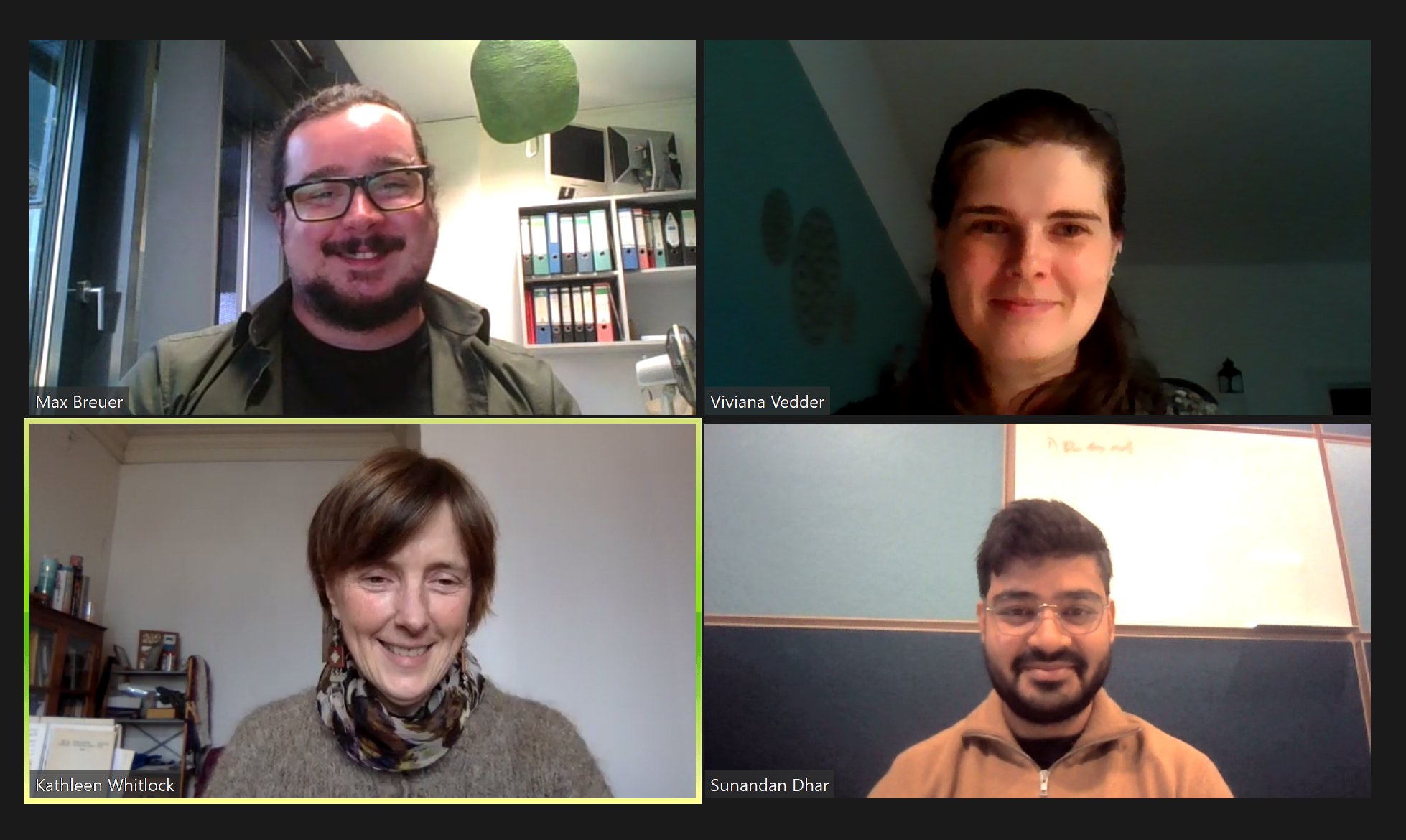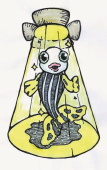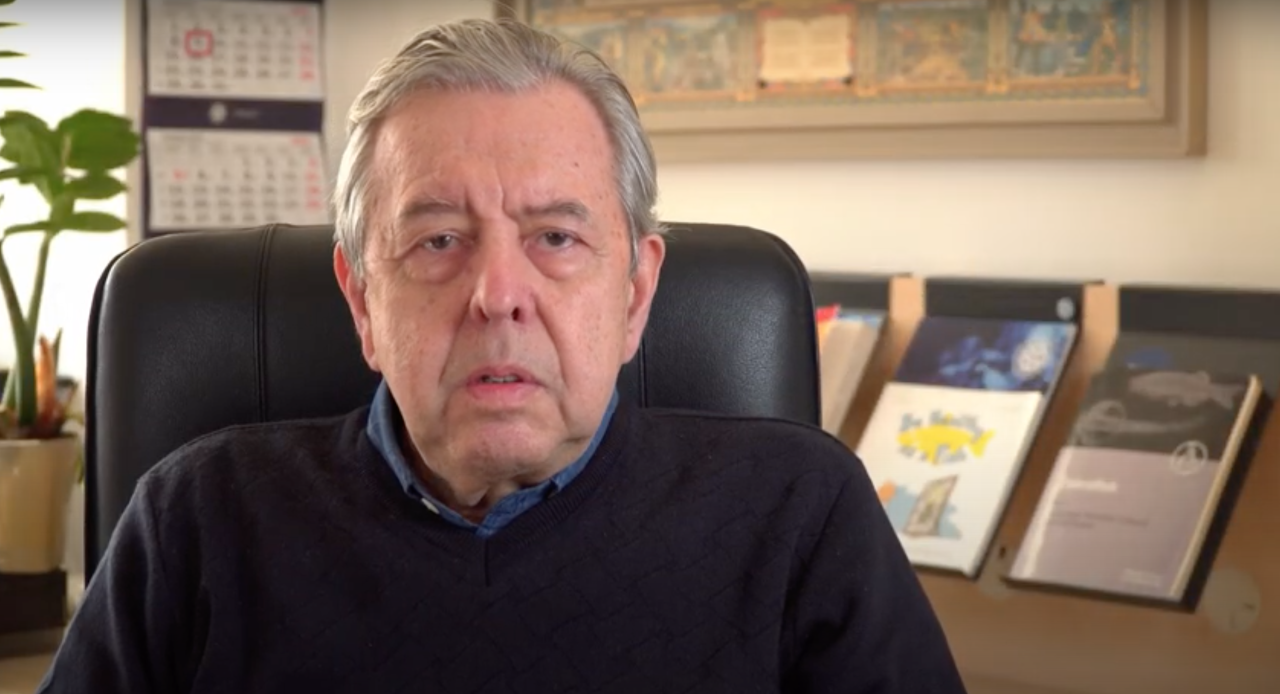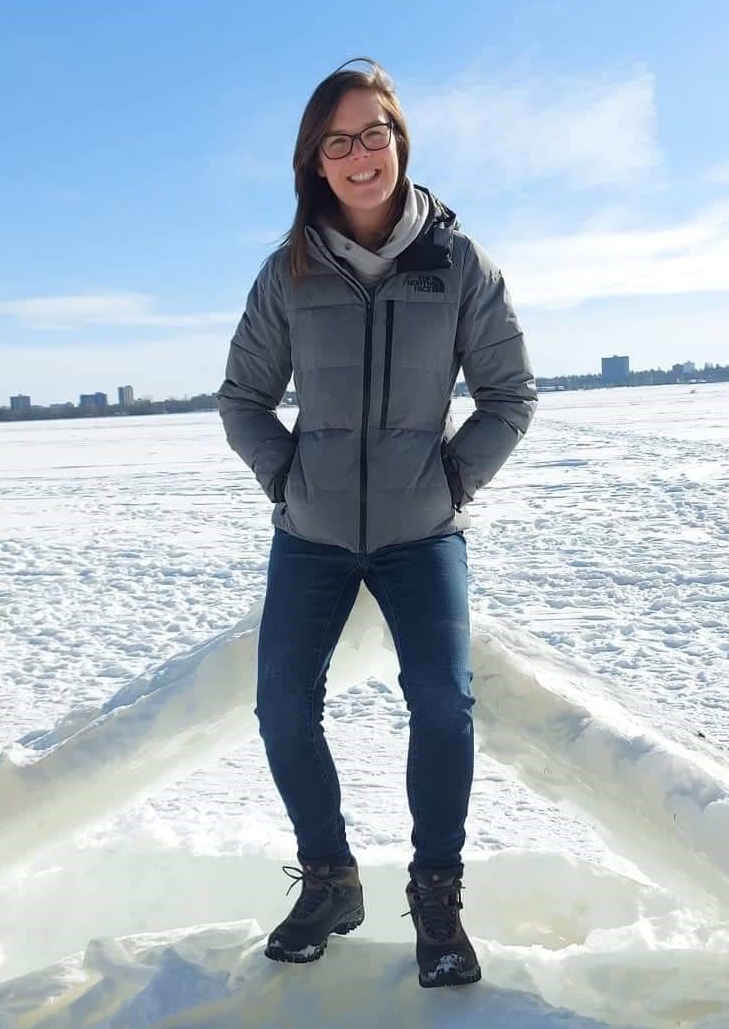News Splash Issue 12 Spring 2022
Save the Date for the 2022 International Zebrafish Conference (IZFC)!Save the Date the International Zebrafish Society (IZFS) has long been committed to reducing barriers to scientific exchange in the community. The Organizing Committee is working to build on the experience gained from the last 18 months of virtual conferences, to be able to offer both in-person and virtual attendance options for a "Hybrid" format. - learn more - Environmental Sustainability SpotlightIn Conversation with Dr Kate Whitlock
- continue reading - |
||||||||||||||||||||||||||||
|
|
|
Click here to read the Meet the PI features.
Meet the Researcher
|
|
|
Click here to read the Meet the Researcher features.
Science Spotlight
Science Spotlight is a new section of the News Splash in which trainee-writers publish an article covering a recent high-impact zebrafish publication under the mentorship of IZFS board members Cecilia Moens and Karuna Sampath. The Winter 2022 Science Spotlight articles are written by Susanna Riley, a PhD student in the Gram, Hansen and Feng Labs at the University of Edinburgh in Edinburgh Scotland, and Vicky Tan, a PhD student studying under the joint supervision of Dr. Andrew Cox and Professor Mark Dawson at the Peter MacCallum Cancer Institute in Melbourne, Australia. If you are interested in writing a Science Spotlight article for a future issue of the News Splash, contact Cecilia Moens (cmoens@fredhutch.org) and/or Karuna Sampath (K.Sampath@warwick.ac.uk)
Flipping the Metabolic Switch for Tail Fin Regeneration
By Susanna Riley
Mention the regeneration of a limb, and most people will consider it as something from science fiction, but much research has in fact focussed on this process. One animal that can regenerate complex appendages is the zebrafish, which responds to tail amputation with the formation of a blastema, a mass of undifferentiated highly proliferative cells capable of replacing all lost cell types. Mammals typically have limited capacity to form a blastema, and this likely underlies their inability to regenerate appendages. Much work has focussed on elucidating the triggers and maintenance of the blastema but understanding how cells dedifferentiate and proliferate to become the fin blastema is incomplete. In recent work published in npj Regenerative Medicine, Sinclair et. al. sought to elucidate the role of metabolism, often altered in rapidly proliferating and differentiating cells, in this process.
- continue reading -
Space Jam, Space SLAM: Uncovering spatio-temporal transcriptomics of single-cell zebrafish embryos
By Vicky Tan
Gene expression programs drive the spatial organisation of various cell types during embryonic development. The intracellular localisation of maternal transcripts is crucial to many embryonic developmental processes, including animal–vegetal (AV) axis formation1. Current approaches such as single-cell RNA sequencing (scRNA-seq), allow us to follow differentiation trajectories of cells during development, but do not provide information about the sub-cellular location or how RNAs are transported. Spatial resolution of transcriptomics of single cells is important for understanding the dynamics of developmental processes and how it may ultimately influence cell fate and function. Recent methods including Multiplexed error-robust fluorescent in situ hybridisation (MERFISH) and other microscopy-based techniques are powerful in discerning spatial transcriptomics at single-cell resolution, however, is difficult to apply this to embryos at all stages. Therefore, there is a need for methods that can simultaneously resolve both spatial and temporal RNA expression at the single-cell level. Building on previous work, Holler et al. (2021) have developed a method for elucidating the spatio-temporal transcriptome of the first few hours of zebrafish development2.
- continue reading -
Environmental Sustainability Spotlight
Microplastics and Zebrafish
Long before making their way to that fateful pet shop in Oregon, zebrafish swam around in the Ganges River basin in South Asia for tens of thousands of years. The slow, temperate waters and predictable weather cycles allowed zebrafish, among hundreds of other fish species, to thrive across the subcontinent [1]. Today, however, it is difficult to look at the Ganges River and imagine anything thriving in its polluted waters. Even if the animals manage to evade the tangled mess of plastic and food waste, the tiny fragments leaching out of them are inescapable.
- continue reading -
Science and Society
Where will the world go in 2022?
We have left 2021 behind and (in my case) staggered into 2022, chased by the Greek letters that continue to challenge the health care systems around the globe and laying bare the inequities we knew existed but are now more painfully evident. Here in Chile, like other countries, “Little O” (o-mikron) cases are surging. We try to keep going, to make progress in research, yet we wonder whether children should be in school and debate the severity of Little O. All aspects of our life are dominated y the pandemic.
- continue reading -
Upcoming Events
Aquaneering Zebrafish Husbandry Workshop during Aquaculture 2022
March 1-2, 2022
San Diego, California
6th European Zebrafish PI Meeting
March 30-April 2, 2022
Dresden, Germany
Midwest Regional Zebrafish Conference
May 20-22, 2022
Columbus, Ohio
17th International Zebrafish Conference (IZFC)
June 22-26, 2022
Montreal, Canada
Zebrafish Development and Genetics Course
July 28- August 11, 2022
Woods Hole, Massachusetts
Job Posts
To post to the IZFS Job Board you must be a member. Click here to join. If you have a job to post, please send an e-mail to info@izfs.org
Have an idea for the newsletter or would like to contribute? Contact us at info@izfs.org! We'd love to hear from you!
| IZFS Newsletter Committee | Contributors | ||
| Rebecca Burdine | Cecilia Moens | Sunandan Dhar | Susanna Riley |
| Ken Poss | Karuna Sampath | Lilanna Solnica-Krezel | Vicky Tan |
| Brant Weinstein | Han Wang | ||
| Kathleen Whitlock | Tanya Whitfield | ||







 “We as scientists have a huge obligation to do something for the environment.” This is a sentiment that is reinforced throughout our conversation with Dr Kathleen Whitlock. It is a principle that she expresses through her passionate words as well as impactful actions. She expresses her distress that “future generations will not be able to experience the natural world like we did. I don’t want to live in a world with no whales and birds!” As she tells us about the 337 dead whales who washed up on the southern coast of Chile a few years ago, her grief is matched with the resolute intent to fight for the future.
“We as scientists have a huge obligation to do something for the environment.” This is a sentiment that is reinforced throughout our conversation with Dr Kathleen Whitlock. It is a principle that she expresses through her passionate words as well as impactful actions. She expresses her distress that “future generations will not be able to experience the natural world like we did. I don’t want to live in a world with no whales and birds!” As she tells us about the 337 dead whales who washed up on the southern coast of Chile a few years ago, her grief is matched with the resolute intent to fight for the future.



